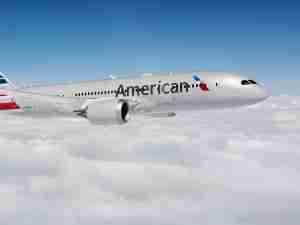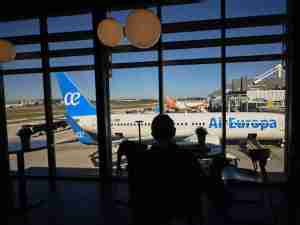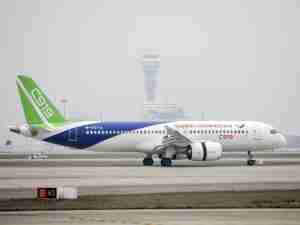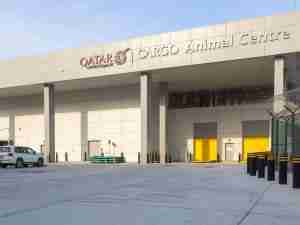Qantas Airways Ltd. Chief Executive Officer Alan Joyce defended the airline’s performance and pushed back against calls for him to resign after months of travel chaos, with a post-pandemic surge in demand plagued by flight delays, cancellations and lost luggage.
“I think I’ve had more resignation requests than any other CEO or public figure out there,” Joyce, who has run the Australian carrier for almost 14 years, said Thursday when asked about labor union calls for him to quit. “The unions have been after my blood” for a long time, he added.
Joyce was speaking after Sydney-based Qantas said the rebound in travel demand had allowed it to cut debt and buy back shares, even as the flagship airline posted its third consecutive annual loss. Qantas stock jumped as much as 10.4% in early Sydney trading, the biggest intraday increase since November 2020.
The carrier announced it will buy back up to A$400 million ($276 million) of shares. Net debt declined to A$3.94 billion, below the optimal target range of A$4.2 billion to A$5.2 billion. Qantas’s underlying loss before tax -- the airline’s preferred gauge of earnings because it strips out one-time costs -- was A$1.86 billion in the year ended June, compared with a loss of A$1.77 billion a year earlier.
After axing more than 8,000 workers to survive the pandemic, Qantas is struggling to deal with a faster-than-expected rebound in demand, like its peers worldwide. Passengers have become exasperated with mounting flight cancellations, delays and lost bags, and Qantas is racing to hire staff again.
While much of that heat has been directed at Joyce, the CEO said the airline is coping better than many of its rivals and that some of the issues were beyond its control.
“We were ready for the restart,” Joyce said Thursday. “What we weren’t ready for was such high level of community transmission of Covid, and the sick leave that followed it. The rebound in travel demand coincided with massive staff shortages, which were more acute in aviation because of how many people left the industry through two very uncertain years.”
Qantas earlier this week apologized for the recent travel chaos and offered members of its Frequent Flyer program a A$50 discount on a return flight from Australia or New Zealand. The airline has hired more than 1,500 workers since April, filling the bulk of 2,500 vacancies. With sick leave 50% higher than normal, Qantas has also cut domestic flying by more than 10%.
Joyce also rebuffed suggestions the airline had cut too hard at the start of the pandemic, saying when international and domestic borders slammed shut, “we were staring at 11 weeks of the company’s survival, 11 weeks of the company potentially going bankrupt.”
The pandemic had cost A$25 billion in lost revenue, Joyce said. “Covid cost us more money in the past three years than we made in the five years before that,” which included some periods of record earnings, he said.
After outsourcing about 2,000 ground handlers in 2020, Qantas has this year found itself critically short of those workers. The airline is so desperate it has sent head office staff to lug suitcases full time at Sydney and Melbourne airports.











